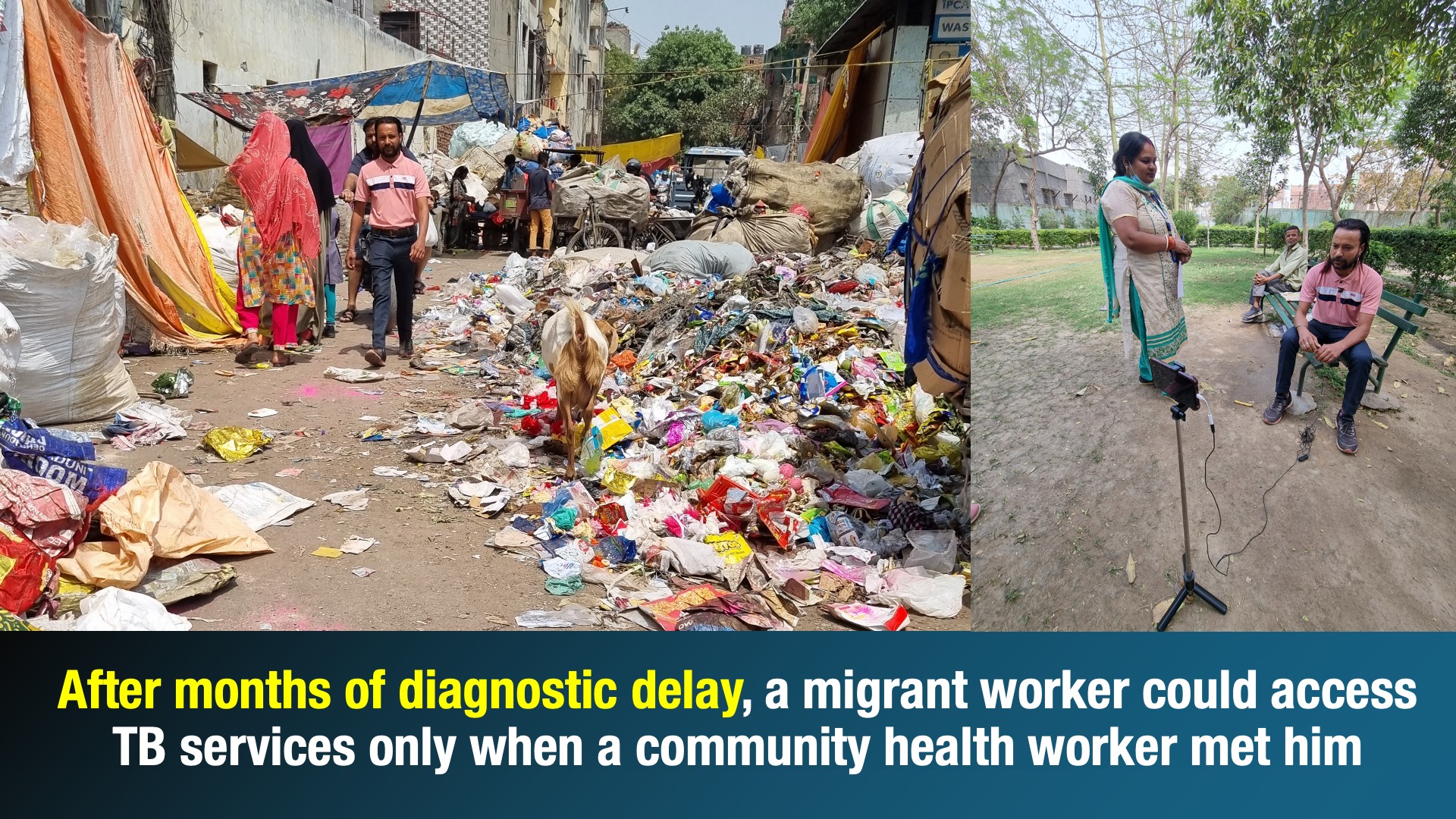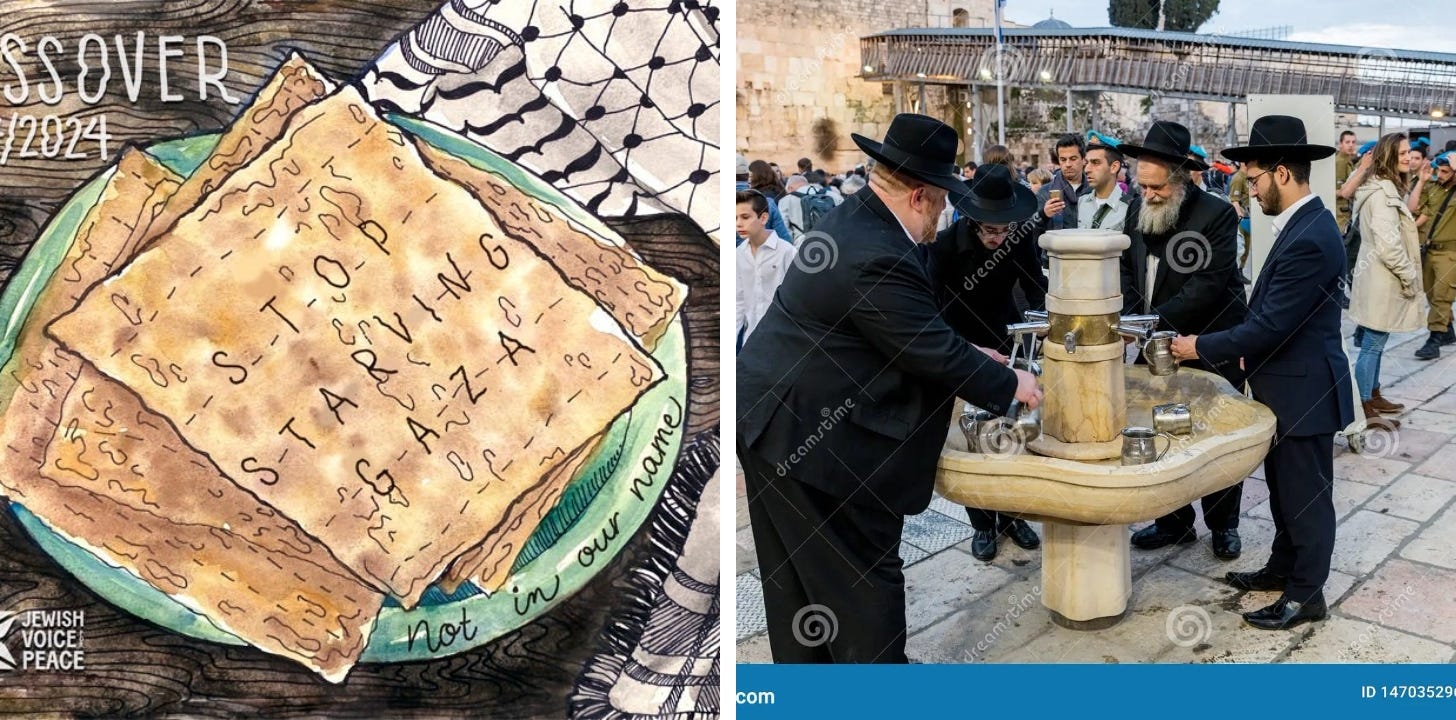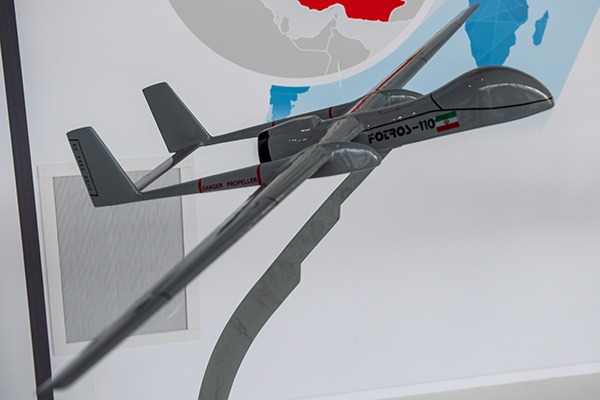A migrant worker who was sick for over three months, actively sought medical help and advice, but his health kept deteriorating. Despite having con
Demand for speedy trial and higher conviction rate in sexual assault cases. By ALKA PANDE

While Indians are out on the streets demanding a severe law against rape after the shameful incident in Delhi, another debate has got initiated to find the root cause of this inhuman act. "A stricter law is not the solution, it is only a short term remedy. There are evidences of strict law, like death penalty, often working as a deterrent for the judiciary. How many times we see a death sentence in our country? What we need is speedy trials and high conviction rates, the state of which is quite pathetic in India," says Prof Manju Agarwal, Director, Amity Institute of Behavioural and Allied Sciences.
The fact is that conviction takes place in less than 20 per cent cases in the country whereas the rest of the culprits go scot-free misusing the lacunae in the law. The official records confirm that in the 1970s the rate of conviction was a little above 40 per cent, which has now gone down to less than 5 per cent, today.
According to National Crime Records Bureau (NCRB) statistics, 24,206 rapes were reported from different parts of the country in 2011, which means 66 rapes daily. State like Madhya Pradesh, West Bengal and Uttar Pradesh topped the list with 3,406, 2,363 and 2,042 cases. However, the figures of conviction remained abysmal. There were nearly 1.27 rape cases pending before different courts of India last year, of which less than 6,000 could be disposed off.
“Taking the low conviction rate into consideration and also the slow pace of legal proceedings, the long term remedy is to probe deep as to what instigates a man to commit such brutal act and check those situations. We need to scrutinise the social background of the accused. Most of the time such men remain either in the company of criminals or they have witnessed violence against women around them and for them rape is no big crime. We often see the rape accused coming out of court laughing and smiling with their head held high, which shows they have no remorse or shame of their act”, says Prof Agarwal.
Unfortunately, it is not the social background of the men alone which is causing the incidences of rapes and sexual abuse of women today, a big divide between the social status of men and women is adding fuel to the fire.
"Rape is also used as a tool to inflict women physically, morally and socially, if she tries to confront men at powerful position. Besides, for centuries men at powerful positions have been using women if they want to convey a message of their superiority to their rivals. Raping the women of the rival group is the widely adopted way of taking revenge from the rival groups or communities", says former Member of Parliament (Kanpur constituency) and noted leftist leader Subhashini Ali. Subhashini Ali is also a senior social activist and works with All India Democratic Women's Association (AIDWA), women's wing of Communist Party of India (Marxist).
She points out cases of Bhanwari Devi of Rajasthan state and Bilkis Bano in Gujarat state. Bhanwari Devi was a low caste (Kumhar or Potter) woman from Bhateri village of Rajasthan state. As part of a Self Help Group, Bhanwari worked against child marriages. The Gurjar community men (the caste is higher than Kumhar) could not tolerate her efforts and to teach her a lesson she was gang-raped in 1992.
Bilkis Bano went through similar fate. She was gang-raped as one community wanted to give a lesson to the rival community. Fourteen members of her family were brutally killed in front of her eyes before she was raped.
Ali stresses on proper policing, proper complaint and speedy trial to check the incidences. She points out the shortcomings in the system where the lawmakers try to protect the accused and the girl never gets justice because the high and the mighty go all out to save the culprits.
She cites another case that took place in Lucknow, in which a minor girl was gang-raped in 2005. Since the girl was rag picker from a low caste family and the accused were rich and close to the power centre (it was Samajwadi Party rule then), all the accused were freed. The trial is on even today.
SEX EDUCATION IN SCHOOLS
“Besides, it is high time for sex education to be introduced at school level so that the children are less curious but more aware about their anatomy. Most importantly, the boys should be checked at the time when they start eve-teasing so that the problem is nipped in the bud”, she adds.
WOMEN POWERLINE 1090
Incidentally, Uttar Pradesh police have taken a step in this direction with the launch of Women Powerline (1090). In its month-long existence (the Powerline was launched on November 15) the Powerline has received 103,914 calls from women and girls in different parts of the state.
The genesis of the Powerline was 74 cases of harassment on phone, which were reported at different police stations by women in six month time. Also, many complaints reached the UP Chief Minister Akhilesh Yadav directly at his 'Janata Darshan'.
“We found the number alarming as not many women file the complaints fearing their own image and the reputation of their families. The realisation was that the unreported cases must be multi-fold and therefore a Powerline exclusively for women came into offing. The Powerline is simply an effort to bridge the gap since there is no law in the country for eve teasing and harassment at public places”, says Navniet Sekera, the Deputy Inspector General of Police (DIG) Lucknow range to Citizen News Service – CNS.
The Powerline is basically a legitimate system to prevent the offence rather than convicting the offenders. Besides, women feel safe and confident as the Powerline accepts the calls only by women and the calls are also answered only by women. The callers’ identity is not revealed and if any particular case requires legal proceedings, it is the police, who register the complaint. The Powerline ensures complete confidentiality to the caller by never asking her to come to the police station. Her name is also not revealed anywhere in the case.
All the 40 police women working at the Powerline have gone through tormenting experiences sometime or the other in their lives and have the compassion for women facing harassment, and therefore they were chosen for further training to work at the Powerline.
Initially, the Powerline is handling cases only of lewd, objectionable and obscene phone calls/texts and picture messages. But as the staff increases, cases of harassment/blackmailing on internet and physical stalking/eve teasing at public places would also be taken up.
Taking the Powerline a step further the police are also developing a five-minute film on sex education, with the help of experts from varied backgrounds. The film will be shown at all schools and colleges across the state. Apart from this, the police are also evolving another helpline to ensure immediate police help to victims in less than ten minutes.
This type of facility can avoid cases like Delhi gang rape to a certain extent, says Sekera.
(The author is a senior journalist based in Lucknow and writes for Citizen News Service – CNS. Website: www.citizen-news.org)
The fact is that conviction takes place in less than 20 per cent cases in the country whereas the rest of the culprits go scot-free misusing the lacunae in the law. The official records confirm that in the 1970s the rate of conviction was a little above 40 per cent, which has now gone down to less than 5 per cent, today.
According to National Crime Records Bureau (NCRB) statistics, 24,206 rapes were reported from different parts of the country in 2011, which means 66 rapes daily. State like Madhya Pradesh, West Bengal and Uttar Pradesh topped the list with 3,406, 2,363 and 2,042 cases. However, the figures of conviction remained abysmal. There were nearly 1.27 rape cases pending before different courts of India last year, of which less than 6,000 could be disposed off.
“Taking the low conviction rate into consideration and also the slow pace of legal proceedings, the long term remedy is to probe deep as to what instigates a man to commit such brutal act and check those situations. We need to scrutinise the social background of the accused. Most of the time such men remain either in the company of criminals or they have witnessed violence against women around them and for them rape is no big crime. We often see the rape accused coming out of court laughing and smiling with their head held high, which shows they have no remorse or shame of their act”, says Prof Agarwal.
Unfortunately, it is not the social background of the men alone which is causing the incidences of rapes and sexual abuse of women today, a big divide between the social status of men and women is adding fuel to the fire.
"Rape is also used as a tool to inflict women physically, morally and socially, if she tries to confront men at powerful position. Besides, for centuries men at powerful positions have been using women if they want to convey a message of their superiority to their rivals. Raping the women of the rival group is the widely adopted way of taking revenge from the rival groups or communities", says former Member of Parliament (Kanpur constituency) and noted leftist leader Subhashini Ali. Subhashini Ali is also a senior social activist and works with All India Democratic Women's Association (AIDWA), women's wing of Communist Party of India (Marxist).
She points out cases of Bhanwari Devi of Rajasthan state and Bilkis Bano in Gujarat state. Bhanwari Devi was a low caste (Kumhar or Potter) woman from Bhateri village of Rajasthan state. As part of a Self Help Group, Bhanwari worked against child marriages. The Gurjar community men (the caste is higher than Kumhar) could not tolerate her efforts and to teach her a lesson she was gang-raped in 1992.
Bilkis Bano went through similar fate. She was gang-raped as one community wanted to give a lesson to the rival community. Fourteen members of her family were brutally killed in front of her eyes before she was raped.
Ali stresses on proper policing, proper complaint and speedy trial to check the incidences. She points out the shortcomings in the system where the lawmakers try to protect the accused and the girl never gets justice because the high and the mighty go all out to save the culprits.
She cites another case that took place in Lucknow, in which a minor girl was gang-raped in 2005. Since the girl was rag picker from a low caste family and the accused were rich and close to the power centre (it was Samajwadi Party rule then), all the accused were freed. The trial is on even today.
SEX EDUCATION IN SCHOOLS
“Besides, it is high time for sex education to be introduced at school level so that the children are less curious but more aware about their anatomy. Most importantly, the boys should be checked at the time when they start eve-teasing so that the problem is nipped in the bud”, she adds.
WOMEN POWERLINE 1090
Incidentally, Uttar Pradesh police have taken a step in this direction with the launch of Women Powerline (1090). In its month-long existence (the Powerline was launched on November 15) the Powerline has received 103,914 calls from women and girls in different parts of the state.
The genesis of the Powerline was 74 cases of harassment on phone, which were reported at different police stations by women in six month time. Also, many complaints reached the UP Chief Minister Akhilesh Yadav directly at his 'Janata Darshan'.
“We found the number alarming as not many women file the complaints fearing their own image and the reputation of their families. The realisation was that the unreported cases must be multi-fold and therefore a Powerline exclusively for women came into offing. The Powerline is simply an effort to bridge the gap since there is no law in the country for eve teasing and harassment at public places”, says Navniet Sekera, the Deputy Inspector General of Police (DIG) Lucknow range to Citizen News Service – CNS.
The Powerline is basically a legitimate system to prevent the offence rather than convicting the offenders. Besides, women feel safe and confident as the Powerline accepts the calls only by women and the calls are also answered only by women. The callers’ identity is not revealed and if any particular case requires legal proceedings, it is the police, who register the complaint. The Powerline ensures complete confidentiality to the caller by never asking her to come to the police station. Her name is also not revealed anywhere in the case.
All the 40 police women working at the Powerline have gone through tormenting experiences sometime or the other in their lives and have the compassion for women facing harassment, and therefore they were chosen for further training to work at the Powerline.
Initially, the Powerline is handling cases only of lewd, objectionable and obscene phone calls/texts and picture messages. But as the staff increases, cases of harassment/blackmailing on internet and physical stalking/eve teasing at public places would also be taken up.
Taking the Powerline a step further the police are also developing a five-minute film on sex education, with the help of experts from varied backgrounds. The film will be shown at all schools and colleges across the state. Apart from this, the police are also evolving another helpline to ensure immediate police help to victims in less than ten minutes.
This type of facility can avoid cases like Delhi gang rape to a certain extent, says Sekera.
(The author is a senior journalist based in Lucknow and writes for Citizen News Service – CNS. Website: www.citizen-news.org)
You May Also Like
Mass Exodus from their homes, made refugees and ethnically Cleansed. Why are Palestinians so different from Israelites of Prophet Moses?
In this special Iran-Israel War update, we cover the latest developments in the escalating conflict between the two Middle Eastern powers.Iran'

"Trial of Pakistani Christian Nation" By Nazir S Bhatti
On demand of our readers, I have decided to release E-Book version of "Trial of Pakistani Christian Nation" on website of PCP which can also be viewed on website of Pakistan Christian Congress www.pakistanchristiancongress.org . You can read chapter wise by clicking tab on left handside of PDF format of E-Book.







